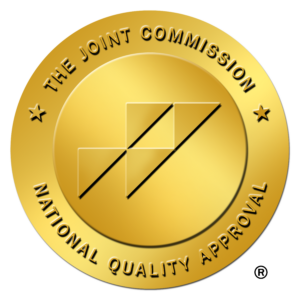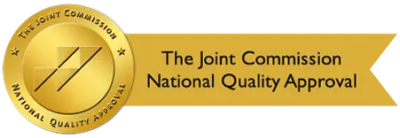Understanding PTSD in First Responders
Understanding PTSD in First Responders
Post-Traumatic Stress Disorder (PTSD) isn’t a sign of weakness; it’s a complex response to overwhelming and traumatic events. While often associated with combat, PTSD can affect anyone, including our first responders – police officers, firefighters, EMTs, paramedics. These everyday heroes rush towards danger and witness the worst of human suffering, putting their mental well-being on the line alongside their physical safety.
First Responders: The Bedrock of Our Communities
First responders are the pillars of our communities, selflessly putting their lives on the line during times of crisis. Their unwavering commitment to protecting us deserves more than gratitude; it demands a concerted effort to safeguard their mental health. The unfortunate reality is that many first responders silently struggle with PTSD, a debilitating condition that can severely impact their personal lives, families, and capacity to continue serving.
25% of firefighters currently receive treatment for PTSD, and a third of them grapple with alcohol addiction as a coping mechanism. The situation is equally dire for law enforcement officers, with a staggering 33% currently battling PTSD. Tragically, since 2020, suicide has become a more prevalent cause of death among these officers than line-of-duty incidents. It is imperative that we prioritize mental health support and resources for our first responders to ensure they receive the care they desperately need.
The Hidden Cost: PTSD in First Responders
“Sometimes, the things you see, you can’t unsee.” – Police Officer recounting his PTSD experience.
The aftermath of a call isn’t always confined to the scene. For first responders, the trauma they witness can seep into their personal lives, leaving them haunted by memories, struggling with sleep, battling emotional turmoil, and feeling disconnected from those they love. PTSD isn’t just a diagnosis; it’s a profound disruption to their lives, families, and their ability to continue serving the community. PTSD leaves invisible wounds.
Common symptoms include:
Reliving Traumatic Events: Intrusive flashbacks, nightmares, and distressing memories can make it feel like the trauma is happening again.
Avoidance: A strong desire to avoid anything that reminds them of their experiences, which can lead to isolation and detachment.
Hyperarousal: Feeling constantly on edge, irritable, hypervigilant, and easily startled.
Negative Changes in Mood: Persistent negativity, hopelessness, emotional numbness, and difficulty trusting others.
These symptoms aren’t just a sign of a hard day at work; they’re a sign the body and mind’s response system is overwhelmed. Untreated, PTSD can lead to strained relationships, substance abuse, depression, and even suicide. Shockingly, studies show first responders are at a significantly higher risk of suicide than the general population.
Better Access to Mental Health Services Could Reduce PTSD
The right mental health support—accessible, affordable, and tailored to their unique needs— can significantly reduce PTSD’s insidious grip. By breaking down barriers to treatment, we can help these heroes reclaim their emotional well-being, prevent the devastating consequences of untreated PTSD, and empower them to continue their vital service.
Consider these facts:
- Stigma: Despite progress, a lingering fear of judgment within first responder culture often prevents individuals from seeking help.
- Insurance Gaps: Mental health coverage may be limited or non-existent in insurance plans for first responders, creating a financial hurdle.
- Specialized Care: Therapists specifically trained in treating trauma and understanding the experiences of first responders are essential for effective treatment.

Solutions: Expanding Access, Reducing Barriers
To combat PTSD in first responders, dismantling the obstacles to mental healthcare is crucial. Research by The International Society for Traumatic Stress highlights the importance of early intervention in facilitating recovery from trauma.
Here’s how to pave the way for healing:
Proactive Screening and Early Intervention: Regular, confidential mental health screenings within departments enable early identification of PTSD symptoms, when treatment has the greatest potential for success.
Robust Insurance Coverage: Mandating comprehensive mental health coverage within insurance plans eliminates a major financial barrier to seeking help.
Specialized Trauma Therapy: Connecting first responders with therapists who have expertise in PTSD treatment leads to better outcomes. These therapists understand the unique experiences first responders face.
Peer Support Programs: Programs connecting first responders facing similar experiences offer a unique form of understanding and support, reducing the isolation that can exacerbate PTSD. A study by The Substance Abuse and Mental Health Services Administration (SAMHSA) found that peer support programs significantly reduced PTSD symptoms and improved overall well-being among first responders.
The Impact of Better Access
Expanding access to mental healthcare for first responders isn’t just about addressing a problem; it’s about unlocking their full potential. With timely, specialized treatment, first responders experiencing PTSD can experience significant improvements in their well-being. This translates into stronger individuals, healthier families, more resilient teams, and greater benefits to the communities they serve.
PTSD is a treatable condition. With the right support, first responders can reclaim their lives, heal emotional wounds, and continue their vital service. By understanding the challenges they face and prioritizing their mental well-being, we honor their sacrifice and create a stronger, healthier community for everyone.
Verify Your Coverage Here
Remember, help is available:
If you need to talk to someone, don’t hesitate to call 988 or visit 988lifeline.org.
"*" indicates required fields







